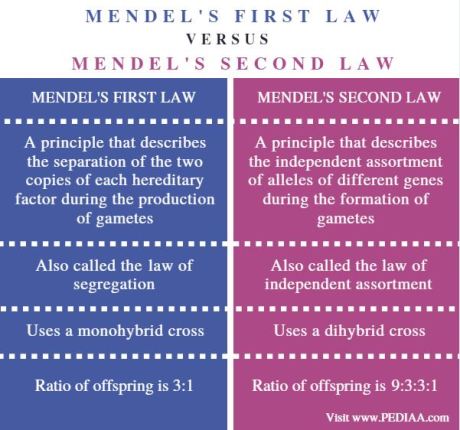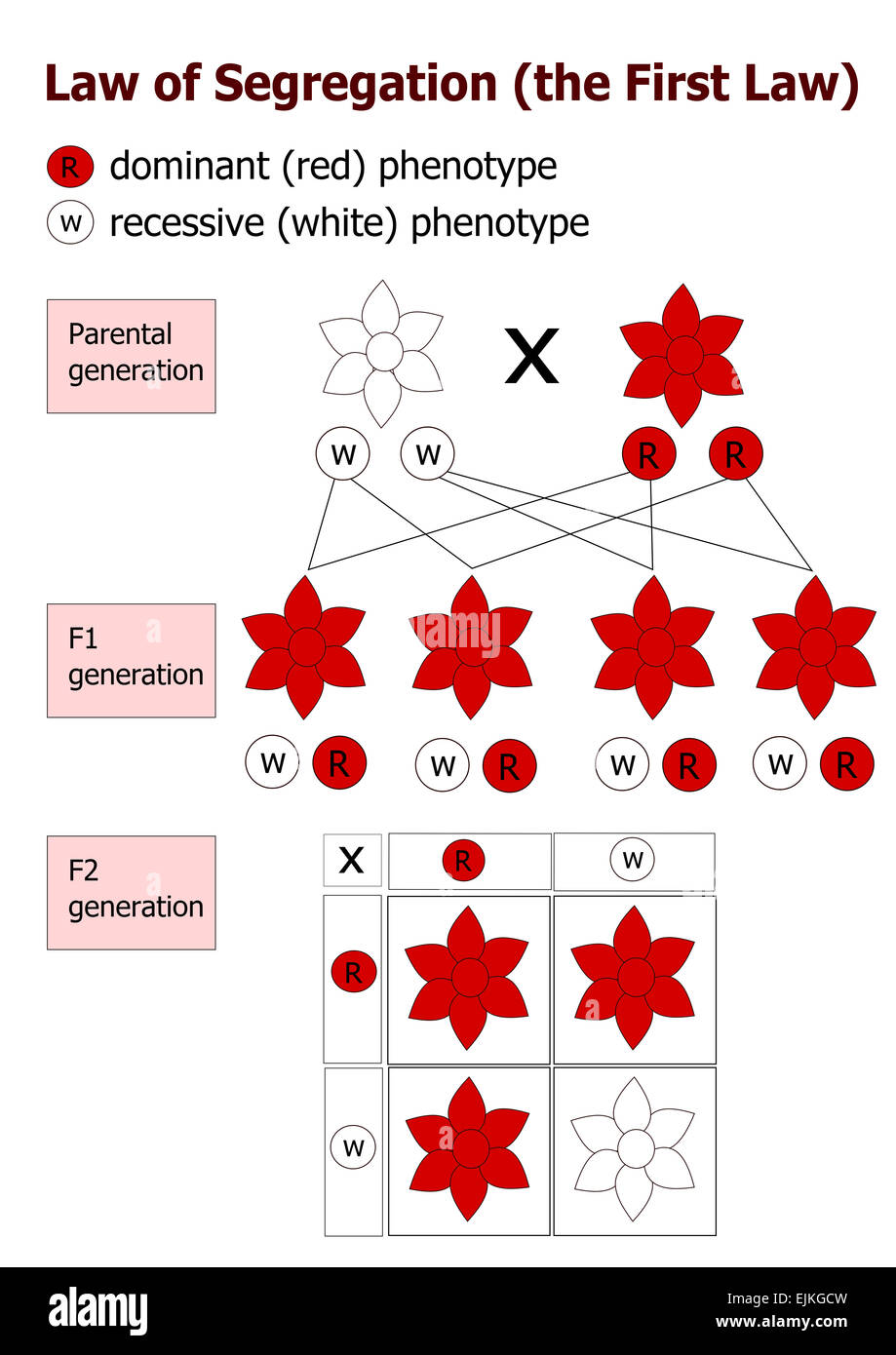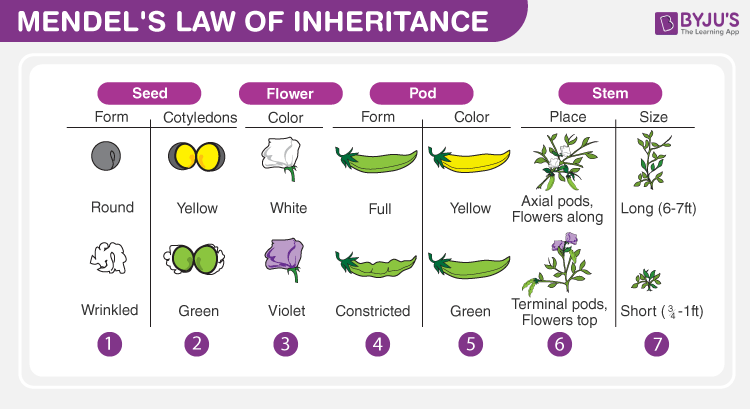Demystifying The First Law Of Mendel: Understanding Genetic Inheritance
Laws Of Genetics – Lesson 5 | Don’T Memorise
Keywords searched by users: What is the first law of Mendel mendel’s first law of dominance, mendel’s first law diagram, mendel’s second law of segregation, mendel’s first law with example, mendel’s first law and second law, mendel second law, mendel’s third law, mendel’s first law ratio
What Are The 3 Laws Of Mendel?
Mendel’s groundbreaking work in the field of genetics led to the formulation of three fundamental laws that laid the foundation for our understanding of inheritance patterns in living organisms. These laws are as follows:
-
Law of Dominance and Uniformity: This law states that in a cross between two purebred individuals with contrasting traits, one trait will be dominant over the other, resulting in all offspring displaying the dominant trait. Additionally, the offspring will be uniform in their appearance for that specific trait.
-
Law of Segregation: According to this law, during the formation of gametes (reproductive cells), the alleles (different versions of a gene) segregate or separate from each other. As a result, each gamete carries only one allele for a particular trait. This principle helps explain how traits can reappear in later generations.
-
Law of Independent Assortment: This law asserts that the inheritance of one trait is independent of the inheritance of other traits. In other words, the assortment of alleles for one gene is not influenced by the assortment of alleles for a different gene. This principle highlights the complexity of genetic inheritance and how different traits are inherited independently of one another.
These three laws, discovered by Gregor Mendel in the 19th century, provided a crucial framework for understanding the principles of genetic inheritance. They continue to be fundamental concepts in modern genetics, shaping our comprehension of how traits are passed down from one generation to the next. [Date of original statement: May 1, 2023]
What Is Second Law Of Mendel?
Mendel’s Second Law, also known as the law of independent assortment, addresses the process of genetic inheritance. According to this law, during the formation of gametes (reproductive cells), the separation of alleles for one specific gene pair occurs independently of the separation of alleles for other gene pairs. In simpler terms, the inheritance of a particular trait is not influenced by the inheritance of another trait located on a different chromosome. This principle is fundamental in understanding how different traits are inherited and combined in offspring. For example, the inheritance of eye color is independent of the inheritance of hair texture due to the law of independent assortment.
Discover 13 What is the first law of Mendel





Categories: Summary 51 What Is The First Law Of Mendel
See more here: muadacsan3mien.com

The first law of inheritance is the law of dominance. The law states that hybrid offspring will only inherit the dominant characteristics in the phenotype. The alleles that suppress a trait are recessive traits, whereas the alleles that define a trait are known as dominant traits.Mendel’s laws include the Law of Dominance and Uniformity, the Law of Segregation, and the Law of Independent Assortment.Mendel’s Second Law – the law of independent assortment; during gamete formation the segregation of the alleles of one allelic pair is independent of the segregation of the alleles of another allelic pair.
Learn more about the topic What is the first law of Mendel.
- What is Mendel’s first law? – BYJU’S
- Genetics, Autosomal Dominant – PubMed
- Mendel’s Law of Independent Assortment – Mendelian Genetics
- Mendel’s law Definition & Meaning – Merriam-Webster
- Difference Between Mendel’s First and Second Law
- Gregor Mendel | Biography, Experiments, & Facts – Britannica
See more: https://muadacsan3mien.com/category/space-astronomy